The top electric cars revolution is upon us, but the road ahead may be bumpier than anticipated. In a recent announcement, Porsche, the iconic German automaker known for its high-performance sports cars, surprised the industry by significantly lowering its electric vehicle (EV) sales target for 2030. Let’s delve into the details and explore the potential implications for the future of electric Porsches.
From 80% to “Demand Dependent”: A Strategic Shift
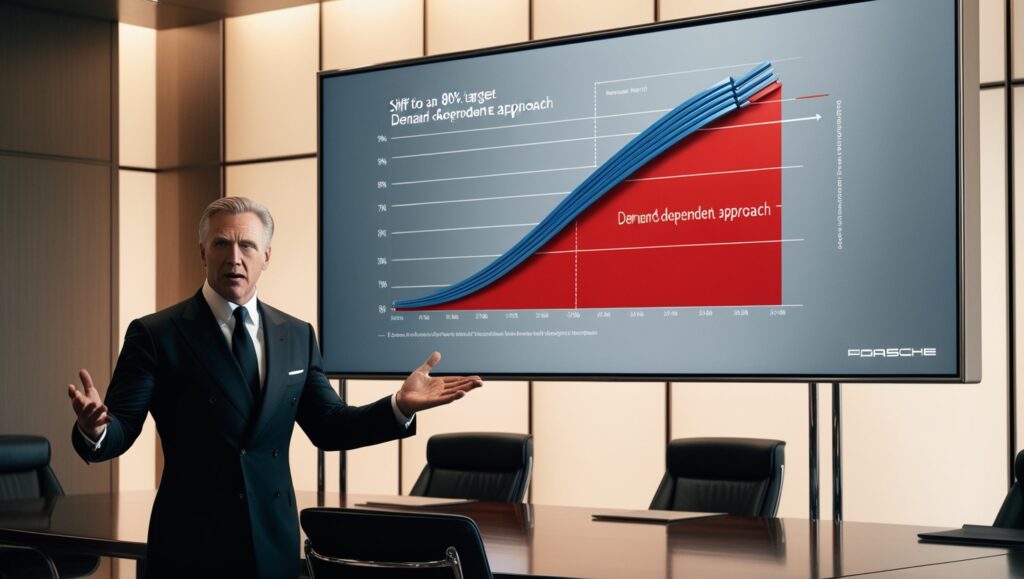
Previously, Porsche had set an ambitious goal for itself: achieving a staggering 80% share of new car sales coming from electric vehicles by 2030. This aggressive target reflected the company’s commitment to sustainability and its belief in the rapid adoption of EVs. However, recent market developments have prompted Porsche to re-evaluate its strategy.
Several factors are likely at play in this decision. Slower-than-expected consumer demand for electric cars, particularly in key markets like Europe, could be a reason. Additionally, concerns regarding charging infrastructure limitations and high initial costs for EVs may be dampening consumer enthusiasm. Furthermore, the shifting geopolitical landscape and potential economic slowdowns might also influence purchasing decisions.
Porsche acknowledges this changing environment in their statement, emphasizing that the transition to electric vehicles “will take longer than we assumed five years ago.” Their focus has shifted to a more flexible approach, with the new stance being: “Our product strategy is set up such that we could deliver over 80% of our vehicles as all electric in 2030 – dependent on customer demand and the development of electromobility.
What Does This Mean for Electric Car Enthusiasts?
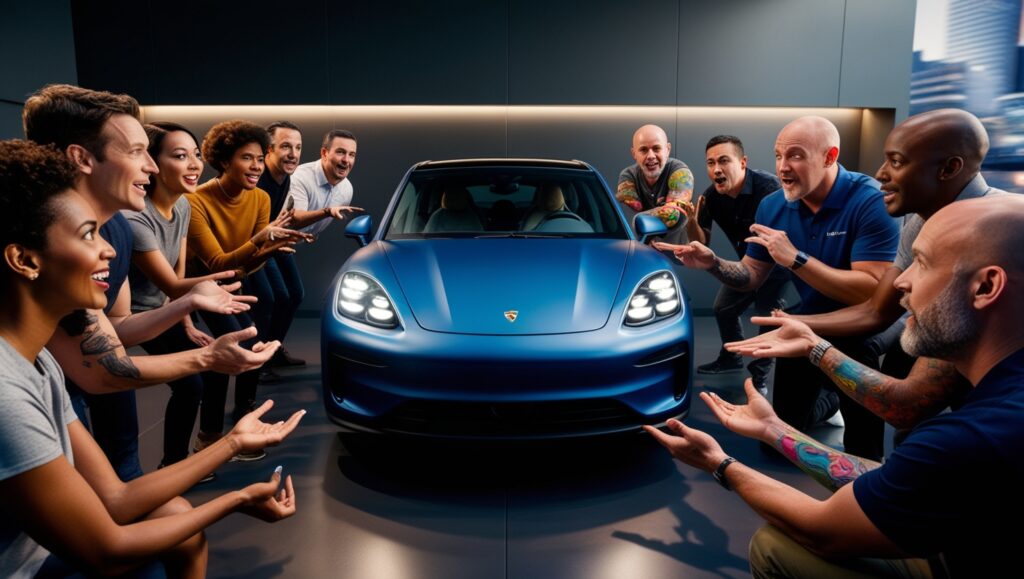
This news might raise questions for those eagerly awaiting a wider range of electric Porsches. The good news is that Porsche remains committed to electrifying its lineup. The company is still rolling out new electric vehicles, with exciting models like the electric Macan SUV on the horizon. However, the pace of this transition might be more measured than initially anticipated.
Top Electric Vehicles (EVs) Still a Hot Topic
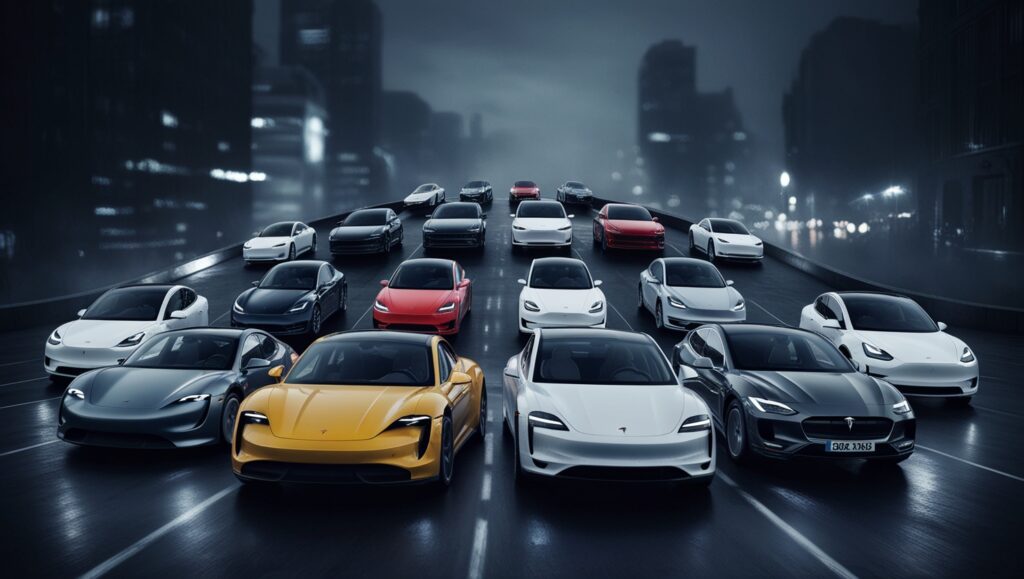
Despite Porsche’s revised target, the Top Electric Vehicles conversation remains a central theme in the automotive industry. Consumers are actively searching for information on Top Electric Cars Price, Top Electric Vehicles Brands, Top Electric Vehicles News, and Top Electric Vehicles Blogs. This indicates a continued interest in EVs, even if the sales trajectory might not be as meteoric as some initially predicted.
Exploring the Electric Vehicle Landscape
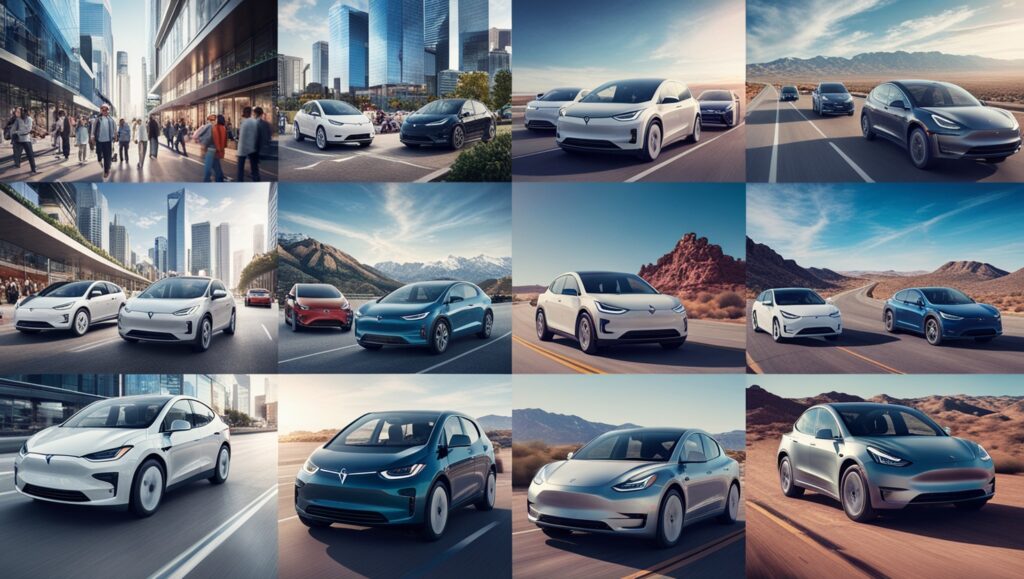
For those interested in staying up-to-date on the latest electric car developments, numerous resources are available. Top Electric Cars News outlets and Top Electric Cars Blogs provide valuable insights and reviews. Additionally, staying informed about Best Electric Cars, Best Electric Bike, and Best Electric SUV options can help you make informed decisions when considering an electric vehicle purchase.
EV News 2024 and Top EV News 2024 are excellent resources for staying abreast of the latest electric vehicle developments across various manufacturers. These platforms often cover topics like Best Electric Vehicles Price, Best Electric Vehicles News, and Best Electric Vehicles Brands, providing a comprehensive picture of the evolving EV landscape.
Porsche and the Electric Car Landscape: A Deeper Dive
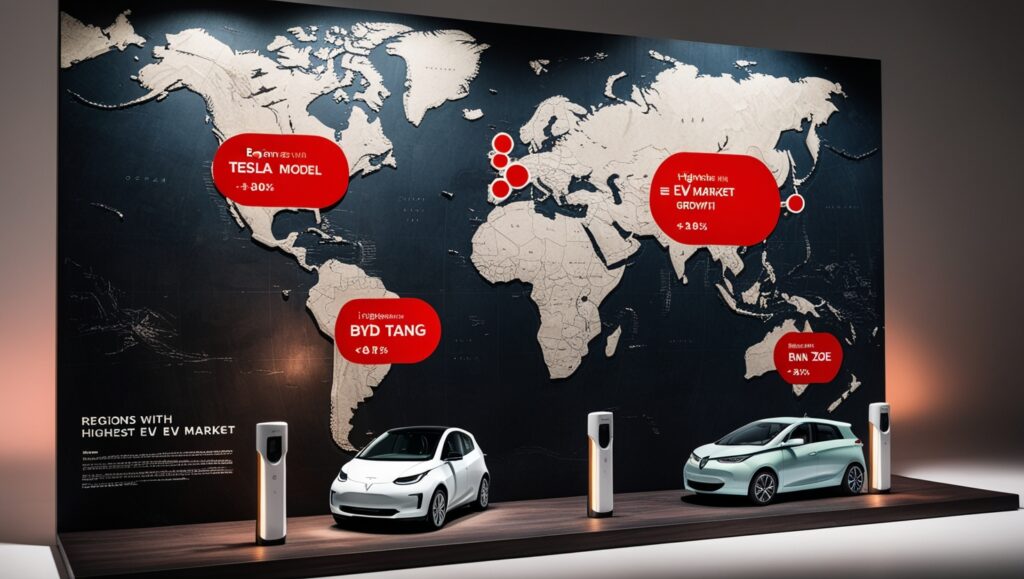
While Porsche’s revised electric car target for 2030 has sparked conversation, it’s important to consider the broader context of the electric vehicle (EV) market. Here’s a closer look at some key factors influencing Porsche’s decision and the future of electric cars:
EV Market Growth and Regional Variations:
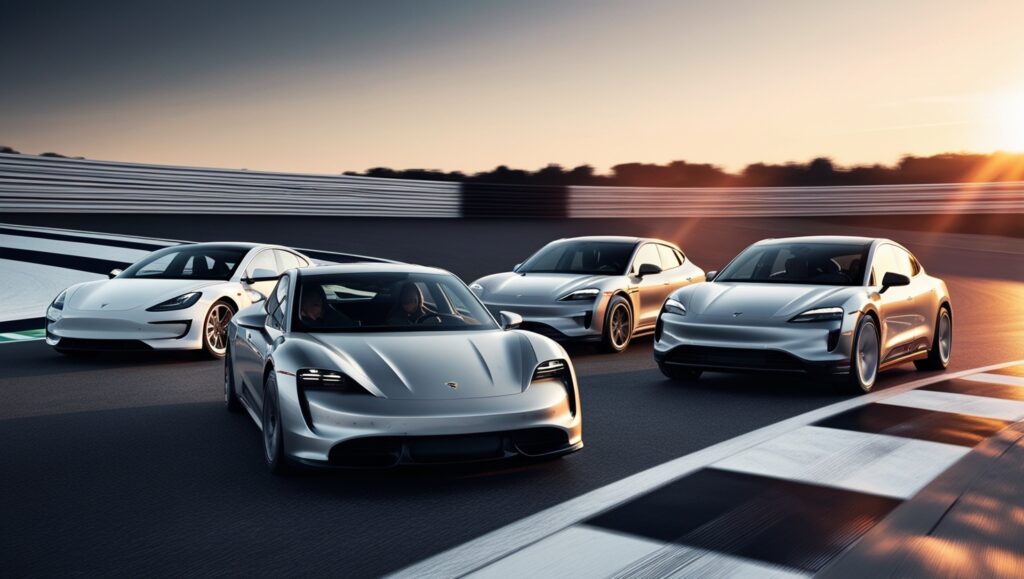
The global EV market is undoubtedly experiencing significant growth. However, the pace of adoption varies considerably by region. China, for instance, boasts a robust EV market fueled by government incentives and a focus on urban mobility. Europe is another major player, but infrastructure limitations and concerns about battery range persist in some areas. The United States presents a mixed picture, with pockets of strong EV demand alongside regions with slower adoption rates.
This regional disparity likely factored into Porsche’s decision. The company might be prioritizing production of electric vehicles for markets where demand is strongest, while strategically adapting its approach in other regions.
Competition Heats Up:
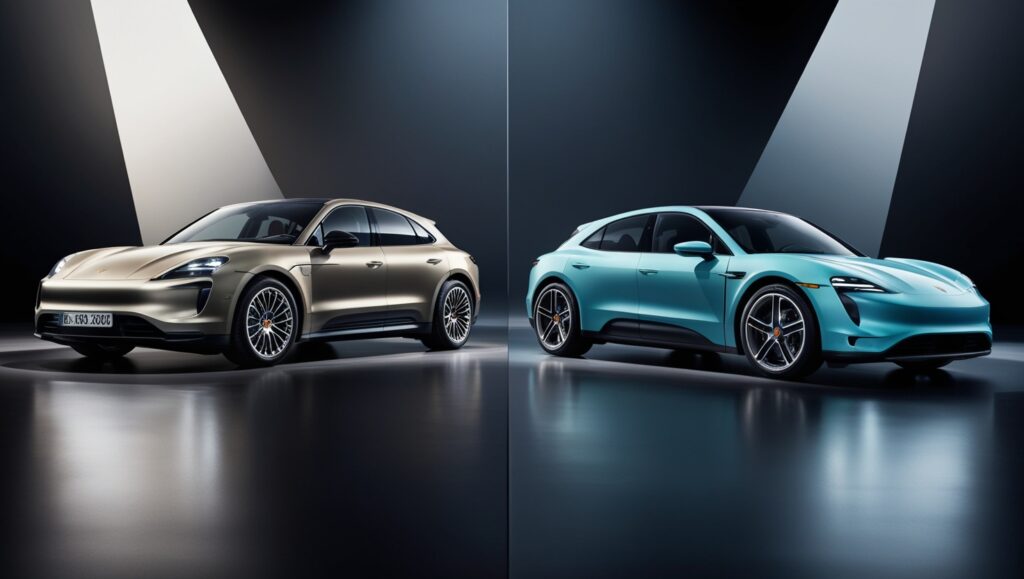
The EV market is becoming increasingly competitive. Established car manufacturers are rapidly expanding their electric offerings, while new EV-focused startups are entering the fray. This competition puts pressure on Porsche to not only deliver high-performance electric vehicles but also ensure they are competitively priced and have a desirable range. Additionally, established luxury brands like Mercedes-Benz and Audi are also ramping up their electric car efforts, creating a more crowded playing field in the premium segment.
Focus on Hybrid Options:
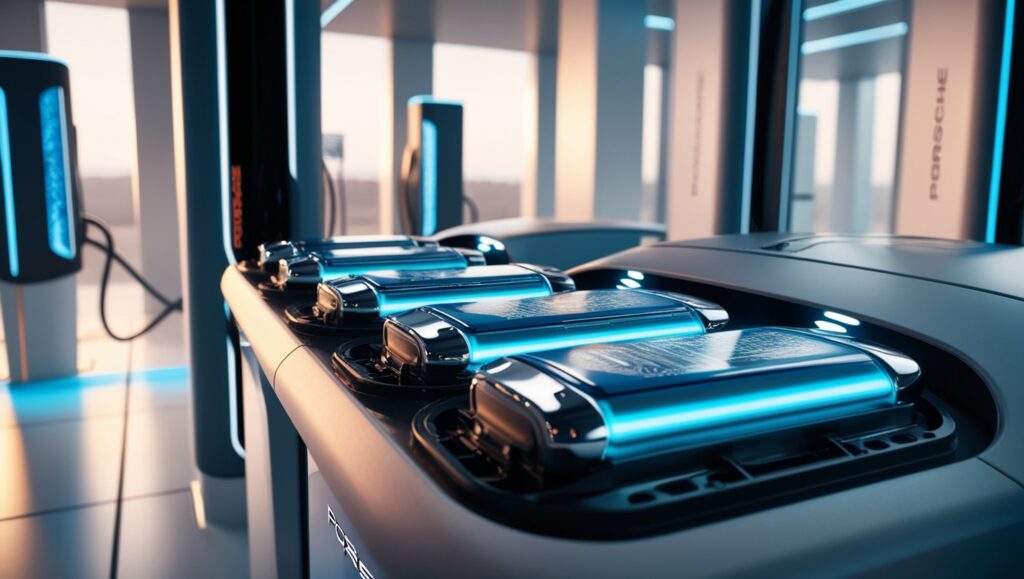
Porsche’s revised target doesn’t necessarily signify a complete shift away from electrification. The company is likely to continue investing heavily in hybrid powertrains. Plug-in hybrids offer a compelling alternative for some consumers, providing the benefits of both electric and gasoline power. This allows Porsche to cater to a wider range of customer preferences and navigate regions with less developed charging infrastructure.
Battery Technology and Charging Infrastructure:
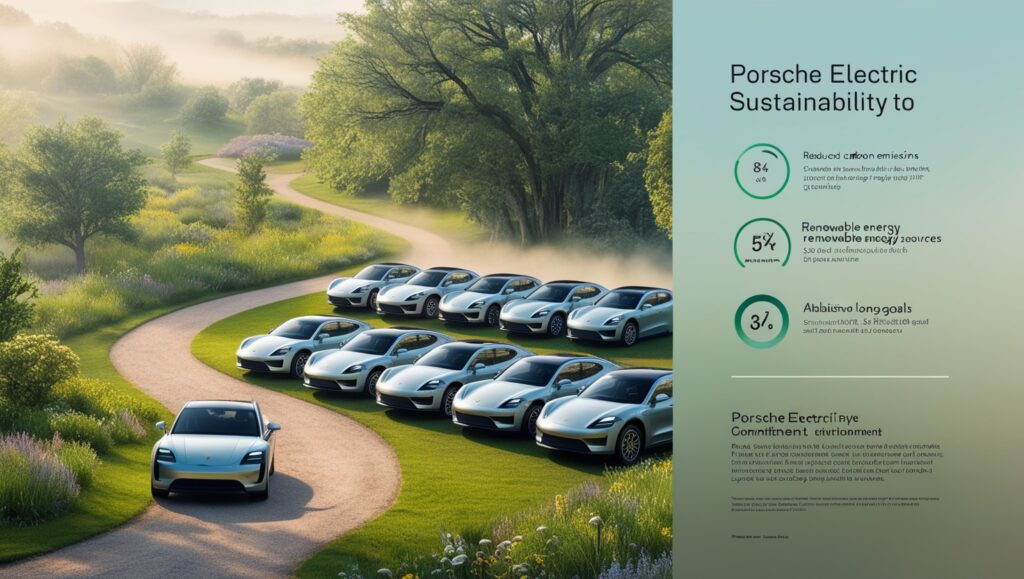
The future of electric cars hinges on advancements in battery technology. Manufacturers are constantly innovating to develop batteries with greater range, faster charging times, and lower costs. Improvements in charging infrastructure are equally crucial. A denser network of charging stations, with faster charging capabilities, will significantly ease range anxiety and incentivize consumer adoption of EVs.
Sustainability Concerns and Porsche’s Long-Term Vision:
Despite the revised target, Porsche remains committed to sustainability. The company has ambitious goals for reducing its carbon footprint throughout its supply chain. Investing in cleaner production methods and exploring alternative fuels for gasoline-powered vehicles are likely to be part of their long-term strategy.
The Future of Electric Porsches
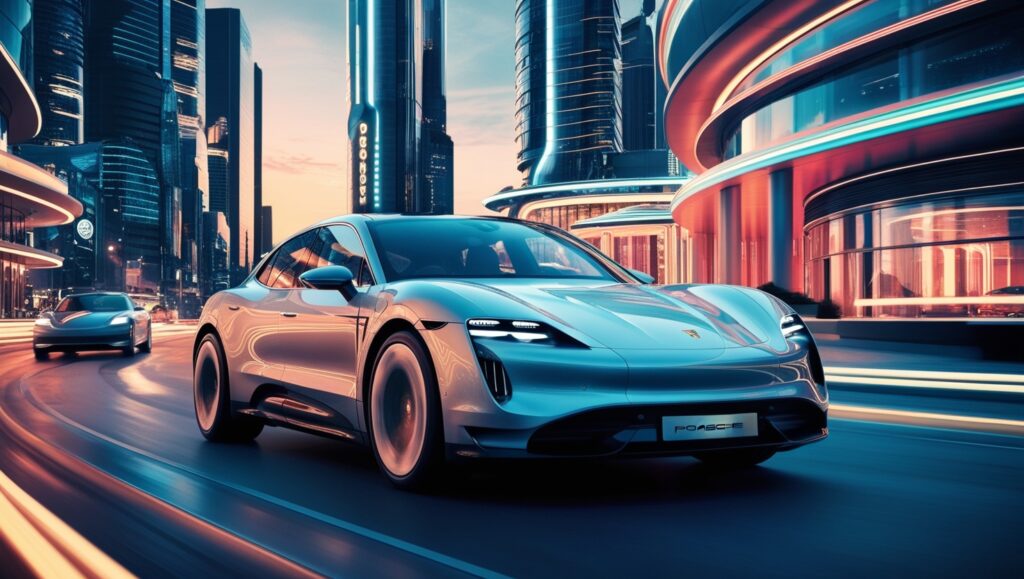
While Porsche’s revised target might indicate a slower shift towards electric vehicles, it doesn’t necessarily mean they’re abandoning the technology. The company is likely adapting to changing market conditions and consumer preferences. This strategic shift allows them to remain flexible while still developing a strong electric vehicle portfolio.
Porsche’s announcement highlights the dynamic nature of the electric car market. It’s a space filled with innovation, challenges, and ongoing development. As technology advances, charging infrastructure expands, and consumer adoption grows, we can expect the landscape to evolve further. Whether Porsche reaches its initial ambitious target of 80% EV sales by 2030 remains to be seen, but one thing is certain: the future of electric Porsches remains bright.
Top Electric Vehicles reviews and Top Electric cars reviews will continue to play a crucial role in guiding consumers towards the best electric vehicle for their needs. By staying informed about the latest developments in the EV market, you can be part of this exciting journey towards a more sustainable future.
Conclusion: A Strategic Shift, Not a Retreat

Porsche’s revised EV target is a strategic adaptation to the evolving market dynamics. While the pace of electrification might be recalibrated, the company remains committed to developing a strong electric vehicle portfolio. By staying flexible, they can respond to consumer demand and technological advancements, ensuring their position as a leader in the automotive industry, regardless of the powertrain. The future of electric mobility is full of possibilities, and Porsche undoubtedly has a significant role to play.
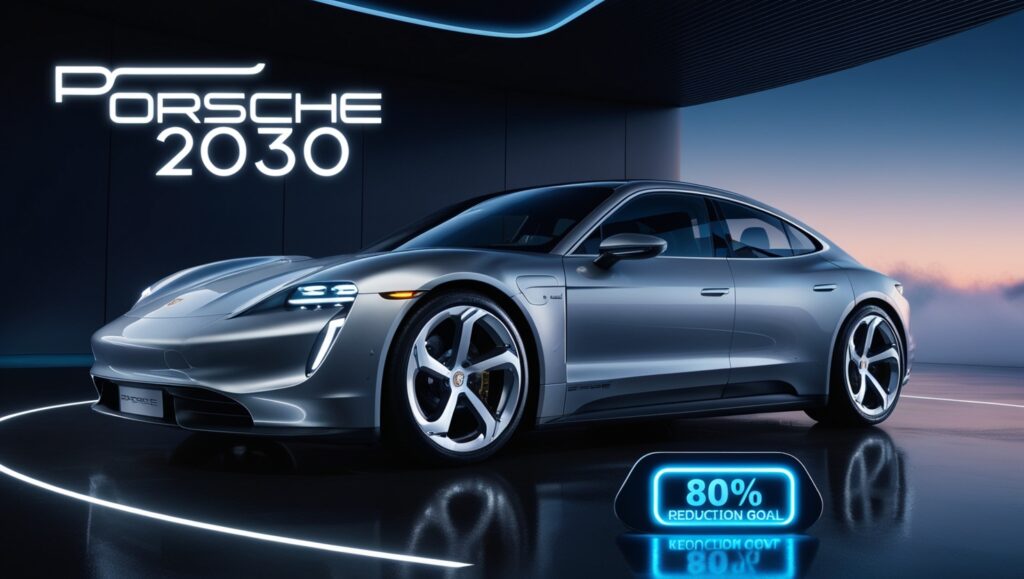
Usually I do not read article on blogs however I would like to say that this writeup very compelled me to take a look at and do it Your writing style has been amazed me Thank you very nice article